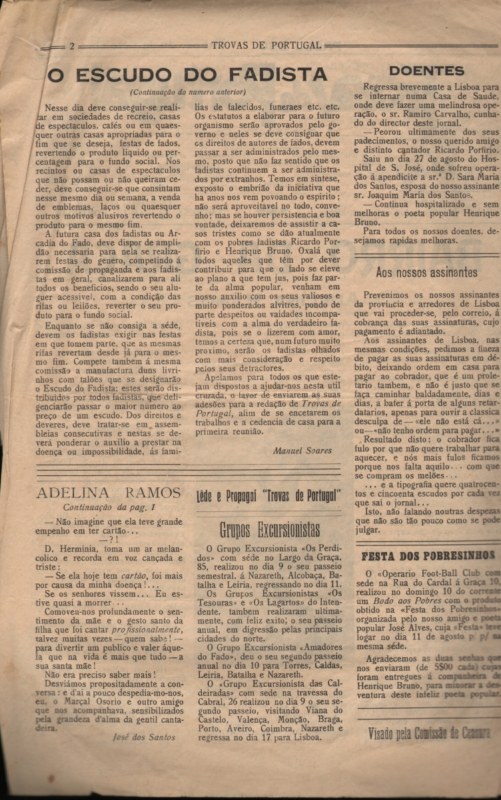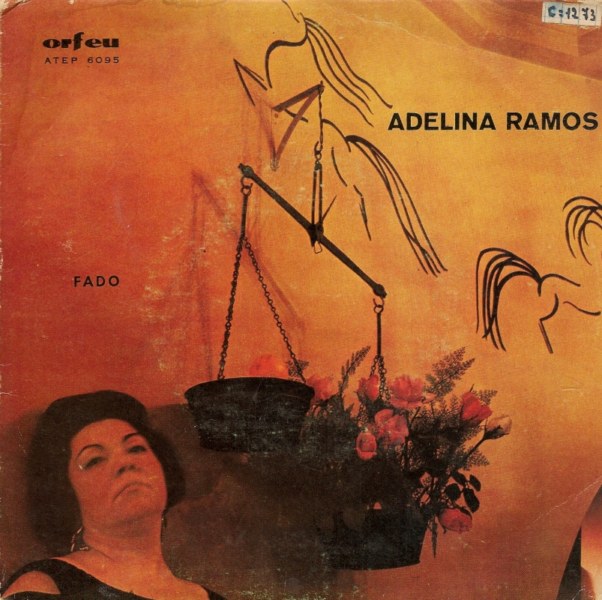Know more:
Adelina Ramos
(N. 14 June, 1916 - M. 26 July, 2008)Daughter of Joaquim Ramos and Hermínia Ramos, Adelina Ramos was born in Lisbon (Monte Pedral), at the Graça district, on the 14 June 1916.
When she was only 14 years-old (1929), she sang for the first time at the "Grémio Instrutivo Os Trovadores", at the Calçadinha do Monte in the Graça district. This was a place where some iconic singers of Lisbon fado had performed, namely Ercília Costa, Berta Cardoso and Alfredo Marceneiro, among others.
Adelina began her artistic career as an amateur fado singer, for approximately four years (1929-1933), during which she performed at all places that requested her presence (be it popular associations, be it charity events).
Her first fado — a hit — was the "Fado do Cauteleiro". She was considered one of the most captivating fado performers of her days, with her songs about her district, Graça.
On her first travel to Brazil, Beatriz Costa wanted to bring her along, but her mother would not let her travel without her company and the journey was postponed—actually forever, as she would never again have the opportunity of travelling abroad.
In March 1933, when she was 17 years-old, she became a professional. Not only did she have the art to do it, but she needed to share the household expenses due to her mother’s illness.
This new status enabled her to travel through Portugal, singing at fado houses and in other stages. She joined the staff of fado houses "Retiro da Severa", "Solar da Alegria" and "Luso" and also performed at other important fado houses and clubs of the time, such as "Severa" and "Adega Machado".
Later on she married José Maria Baptista Coelho and adopted his name. They had no children, only nephews and nieces.
In the 1950’s they founded the fado restaurant "A Tipóia". In the following 22 years Adelina Ramos was its artistic manager and her husband the general manager. The couple wanted to provide a better service to the fado public, giving them a more suitable venue. The elite of fado singers performed at their restaurant, including Manuel de Almeida, Carlos Ramos, Celeste Rodrigues, Deolinda Rodrigues and Fernanda Batista, among others.
After the 25 April 1974 "A Tipóia" suffered the impact of the Revolution and the number of patrons understandably decreased, due to the relationship with the Salazar regime attributed to fado and the illness of her husband, José Coelho, which eventually killed him.
She retired in 1975. History would remember her best recordings, i.e. "Ouvi cantar o ginguinhas", by Linhares Barbosa, and "Achei-te tanta diferença", by João de Freitas.
In 1999 the House of Fado and Portuguese Guitar paid her tribute at Alfama.
She died on the 26 July 2008.
Source:
Trovas de Portugal, 20 September 1933
Guitarra de Portugal, 25 November 1938
Ecos de Portugal, 15 August 1949
Ecos de Portugal, 15 April 1951
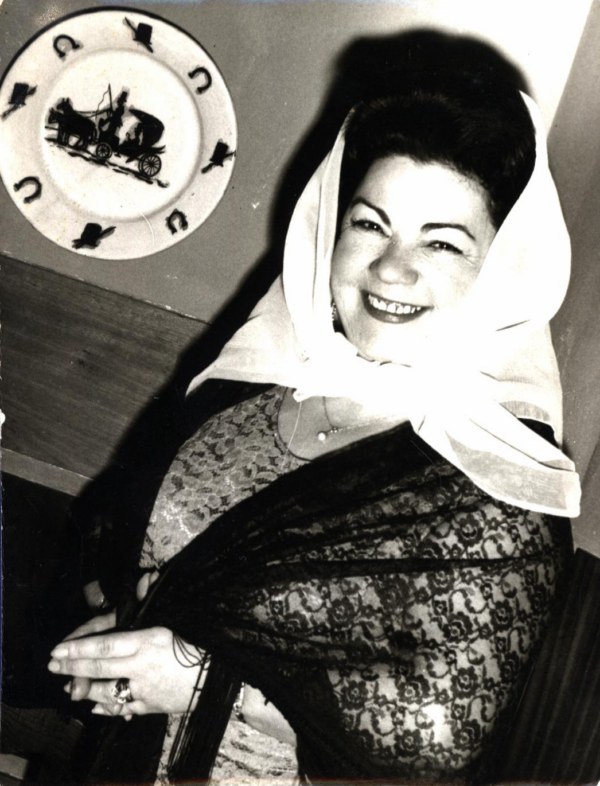
Adelina Ramos A Tipóia, s/d.
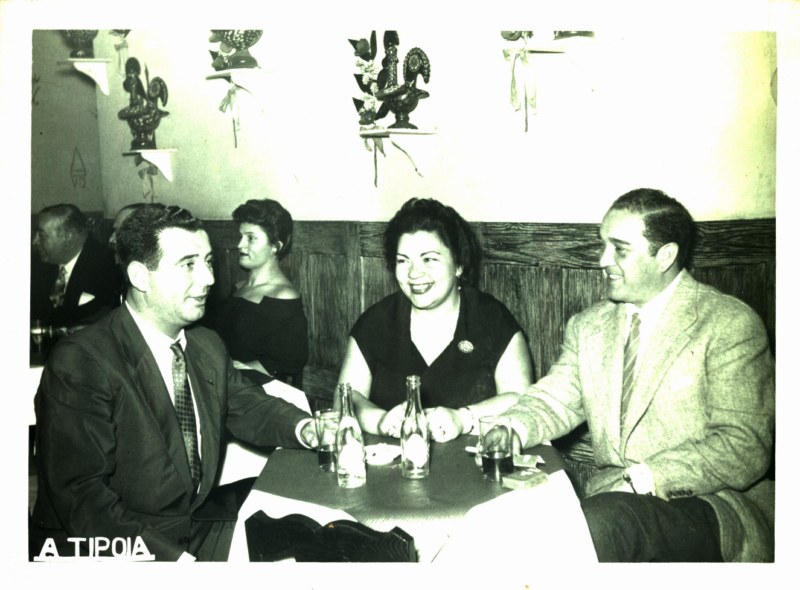
Celeste Rodrigues, Adelina Ramos A Tipóia, s/d
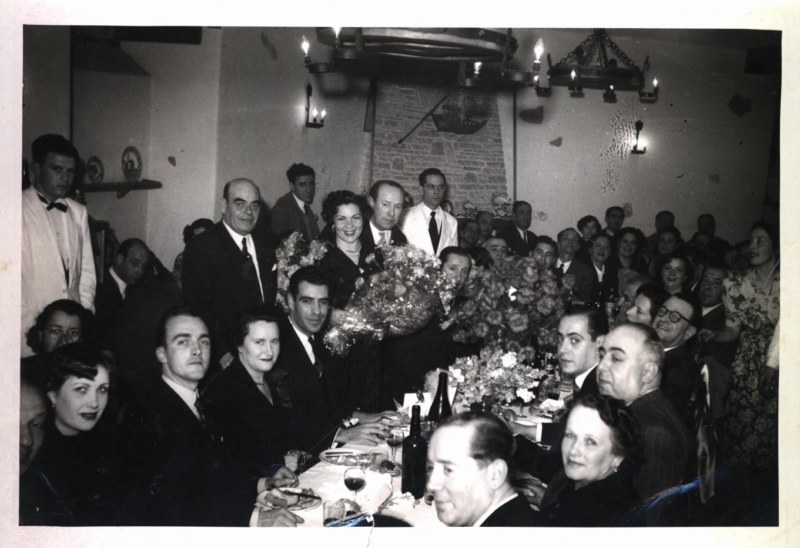
Adelina Ramos, Estevão Amarante Casa do Distrito do Porto, s/d
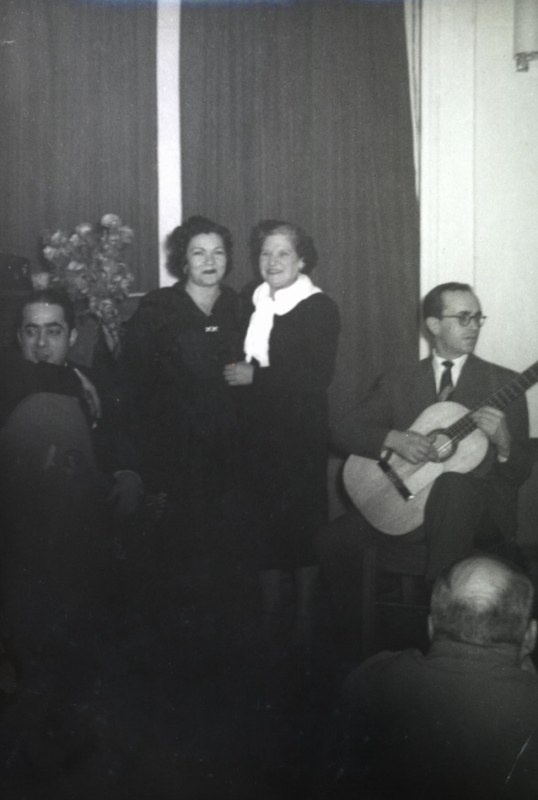
Adelina Ramos, Maria do Carmo Torres, Francisco Carvalhinho, Castro Mota Retiro de Júlia Mendes, 1950
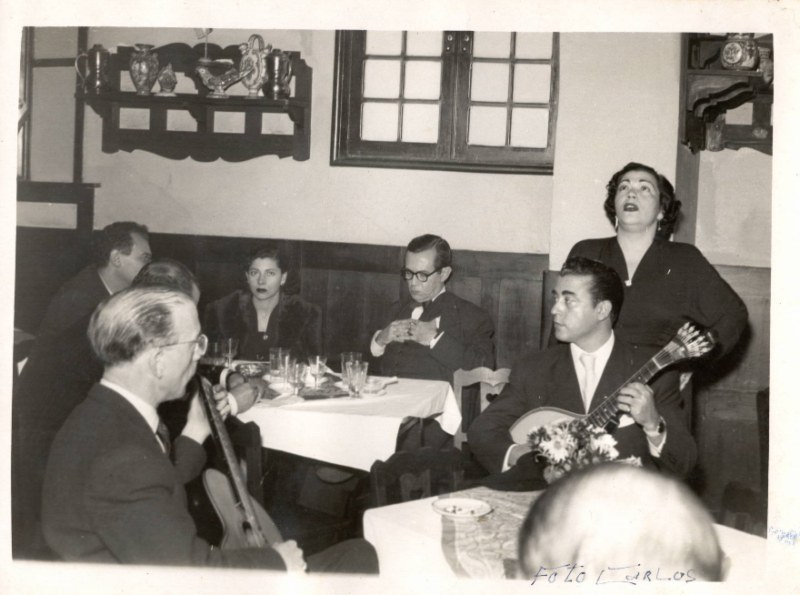
Adelina Ramos, Jaime Santos s/d
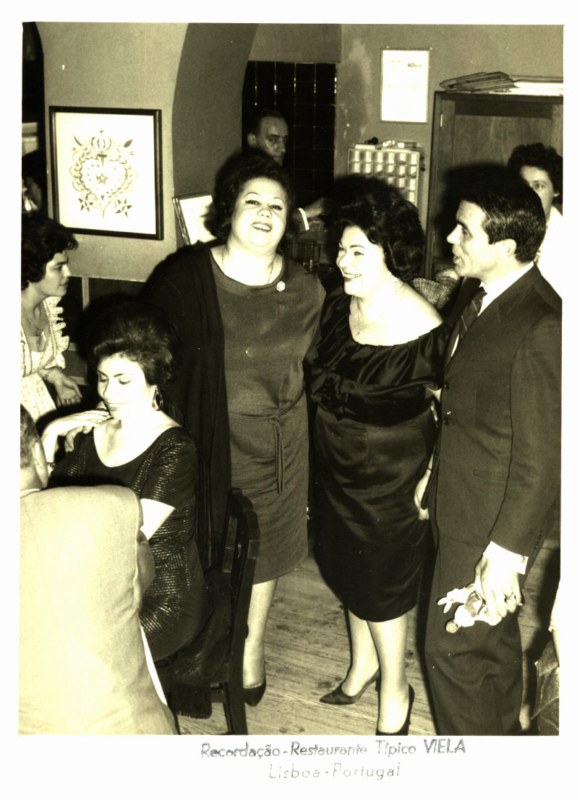
Cândida Ramos, Berta Cardoso, Adelina Ramos Viela, s/d
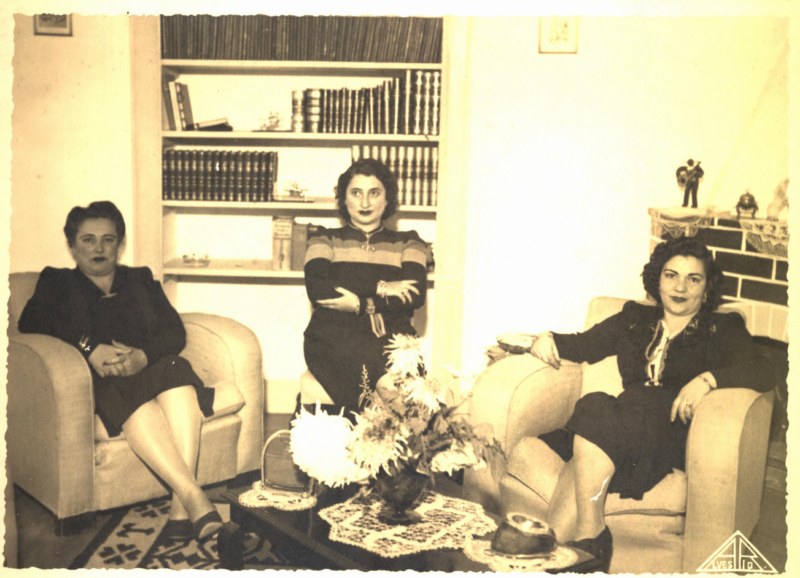
Alcídia Rodrigues, Adelina Ramos Quinta da Carregueira, s/d
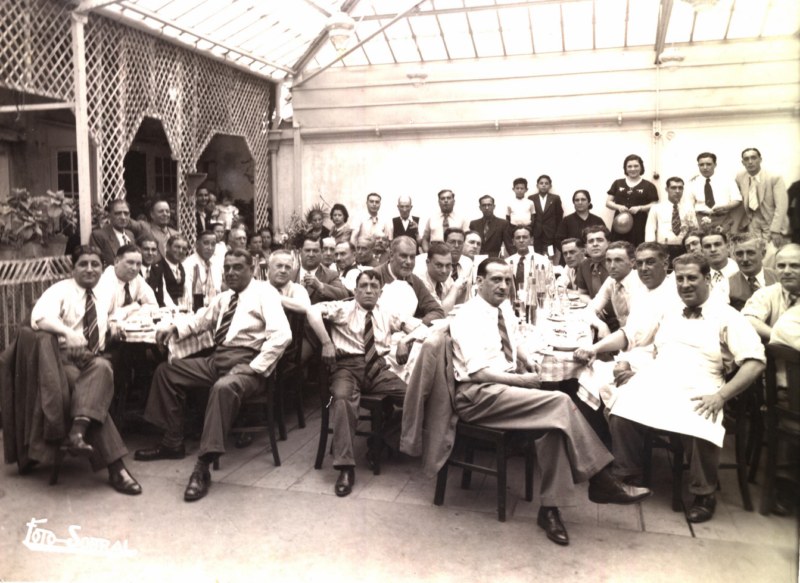
Adelina Ramos Colectividade Cinco Reis, s/d
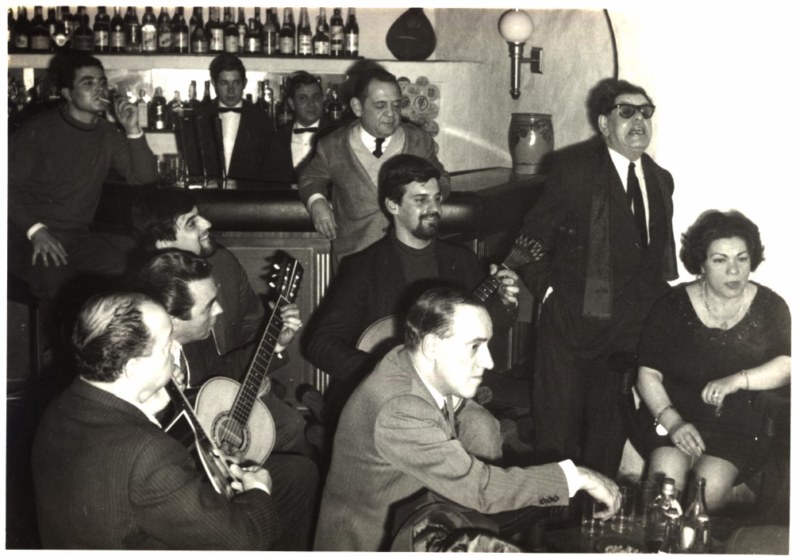
Acácio Gomes, José Pracana, Alfredo Marceneiro, Adelina Ramos Arreda, s/d
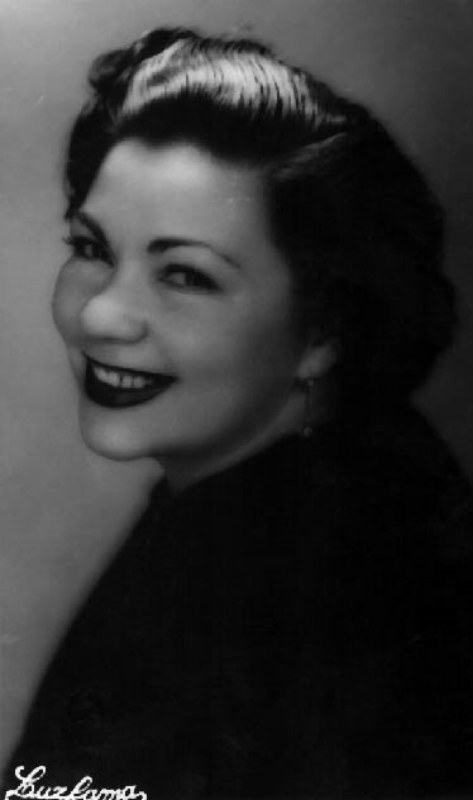
Adelina Ramos s/d
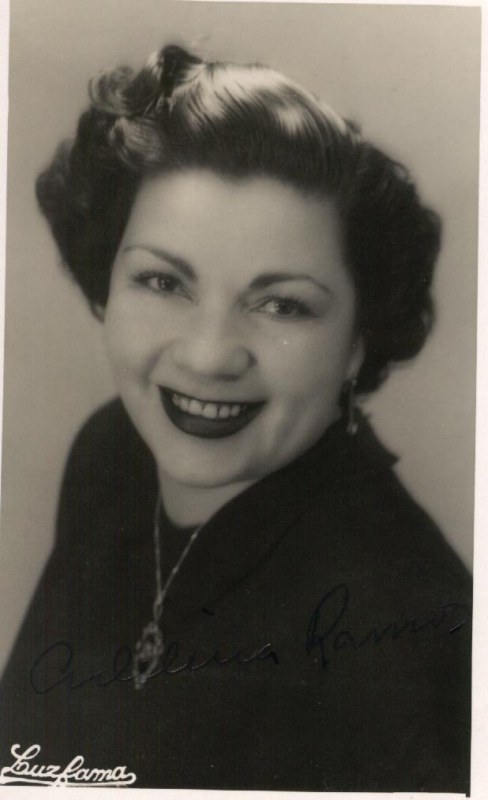
Adelina Ramos s/d
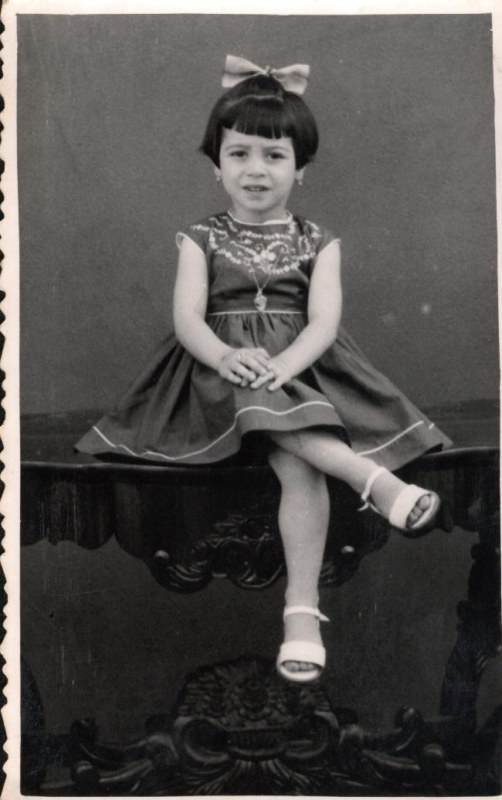
Adelina Ramos s/d.
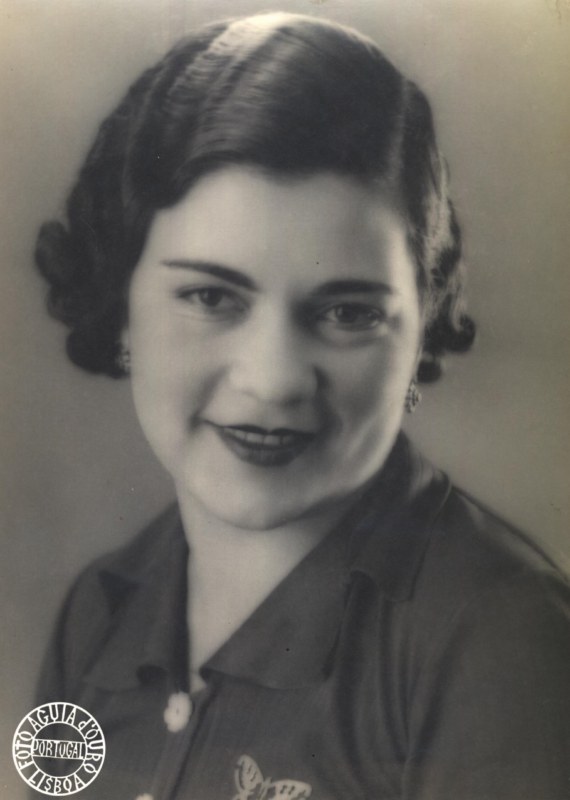
Adelina Ramos s/d.
-
Ouvi Cantar o Ginguinhas Adelina Ramos (João Linhares Barbosa / Alberto Simões da Costa)
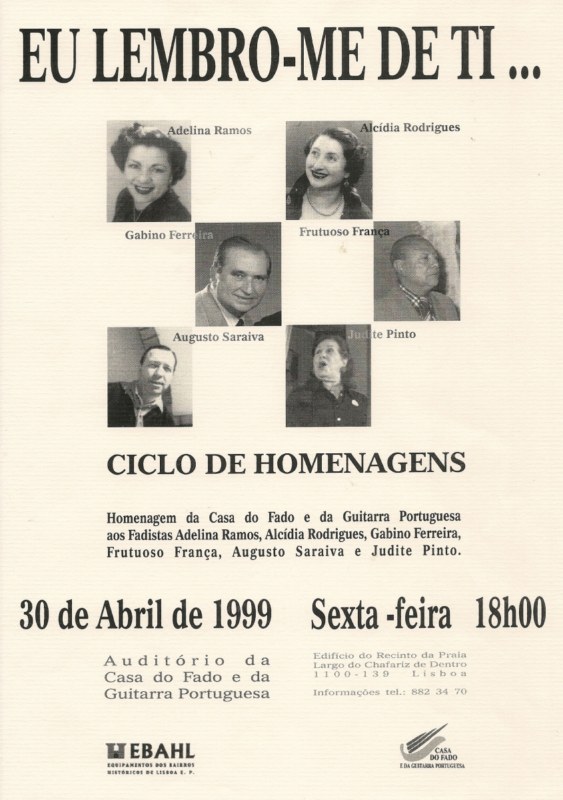
Eu Lembro-me de Ti, Museu do Fado, 1999
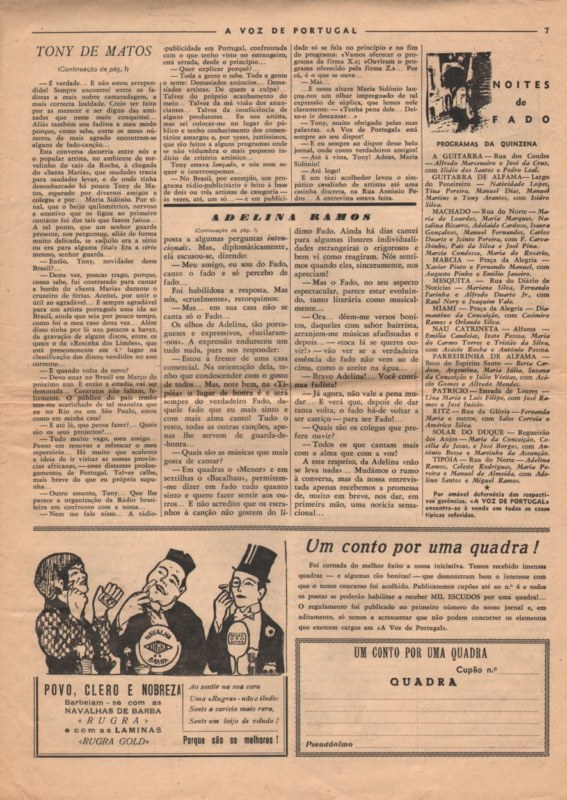
A Voz de Portugal, 10 de Setembro | September 1954, p. 7
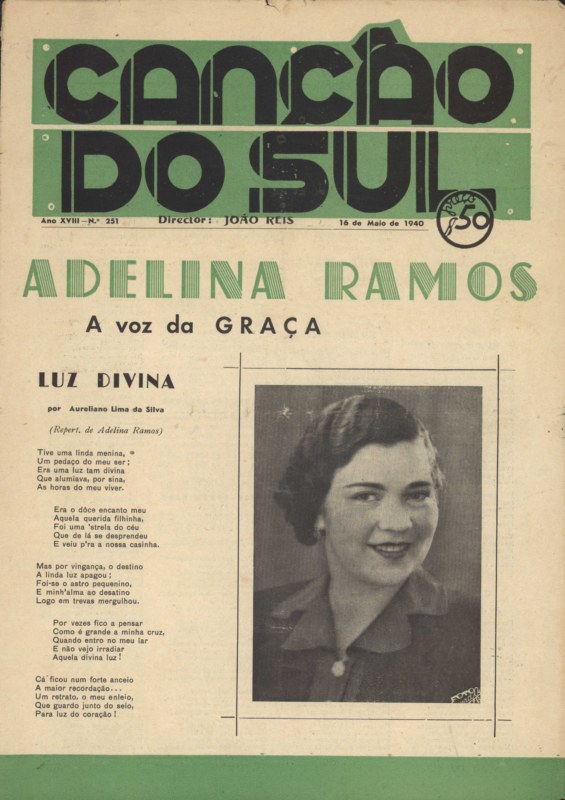
Canção do Sul, 16 de Maio | May 1940
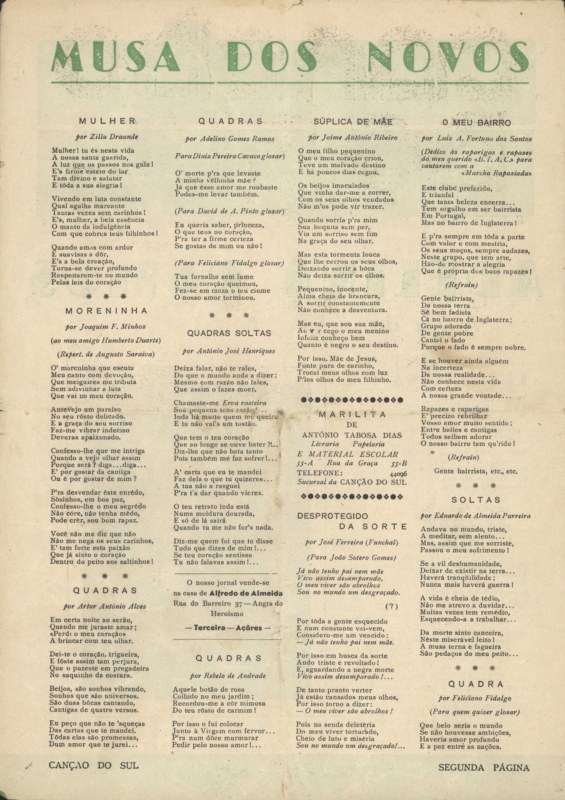
Canção do Sul, 16 de Maio | May 1940, p. 2
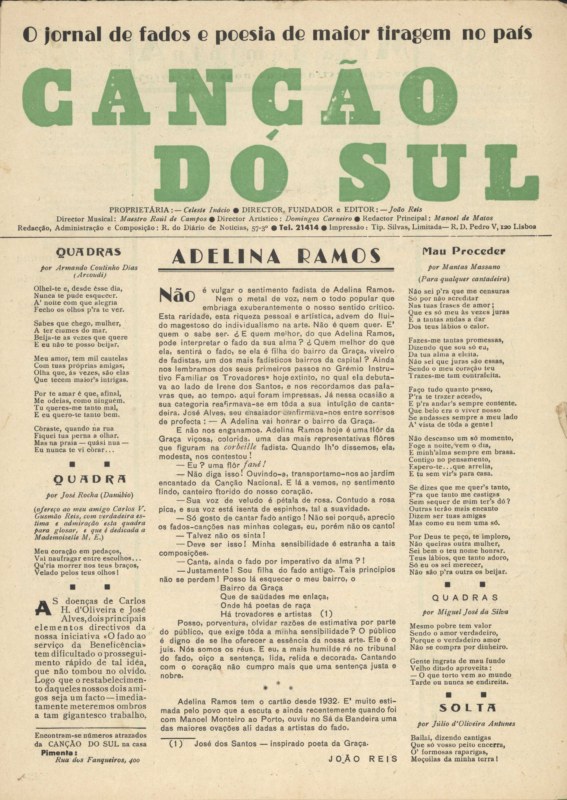
Canção do Sul, 16 de Maio | May 1940, p.3
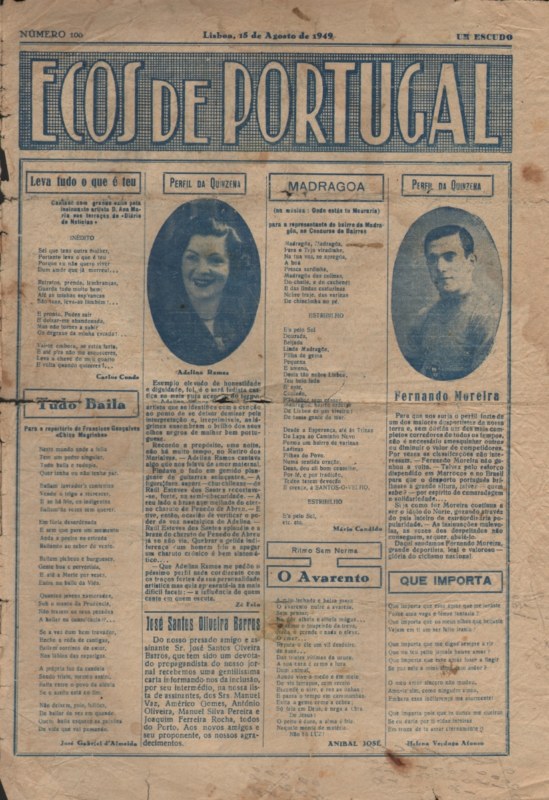
Ecos de Portugal, 15 de Agosto | August 1949
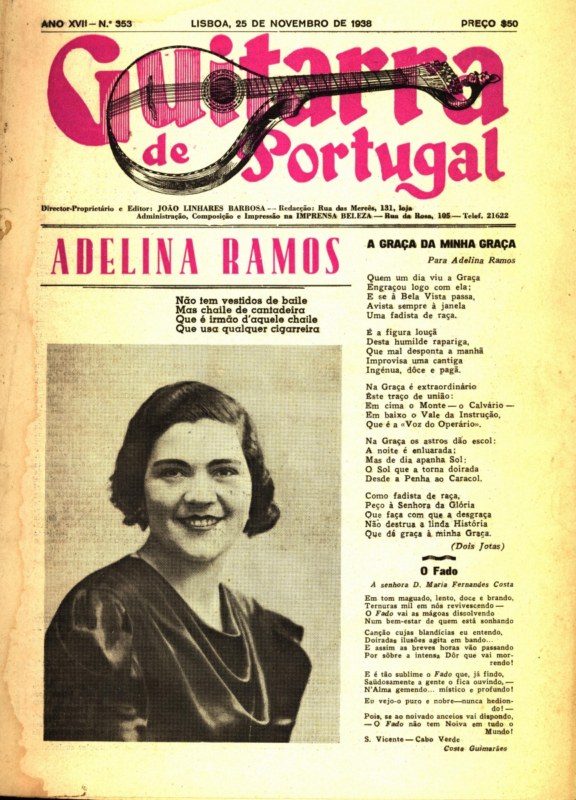
Guitarra de Portugal, 25 de Novembro | November 1938
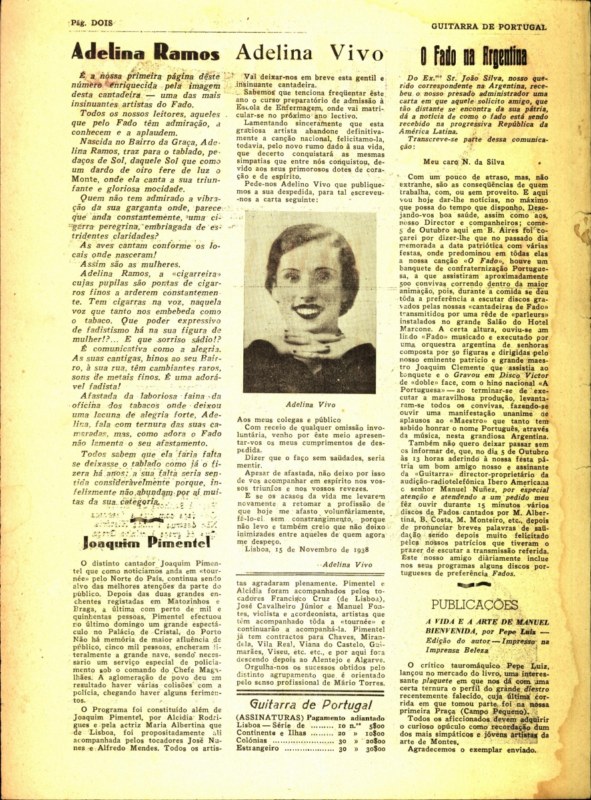
Guitarra de Portugal, 25 de Novembro | November 1938, p. 2
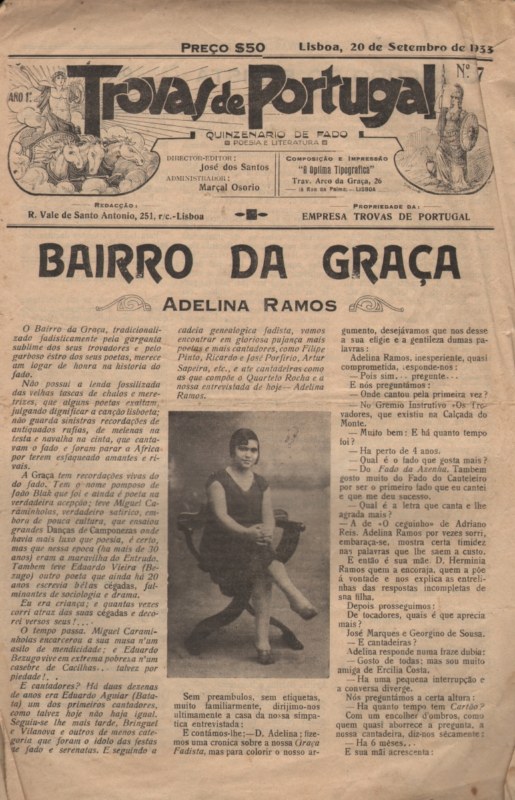
Trovas de Portugal, 20 de Setembro | September 1933
